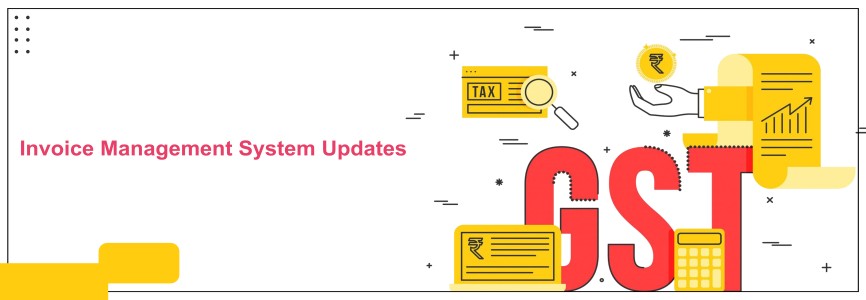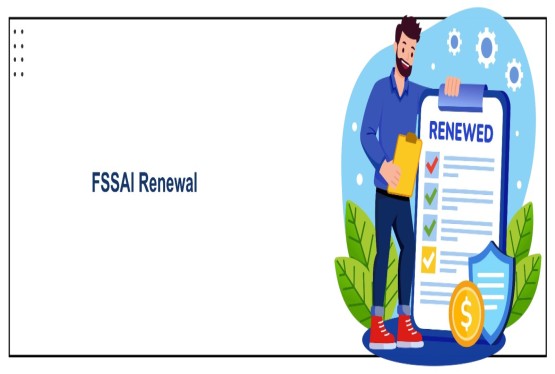The Goods and Services Tax Network (GSTN) has recently rolled out a set of important changes in the Invoice Management System (IMS). These updates, effective from the October tax period, are designed to make compliance simpler, give taxpayers more flexibility, and reduce unnecessary disputes around Input Tax Credit (ITC).
This article explains the key updates, their impact on businesses, and the way forward in clear and simple terms.
Why IMS Updates Were Needed?
The Invoice Management System is the backbone for matching invoices between suppliers and recipients. Over the years, taxpayers have faced practical difficulties in handling rejected, pending, or amended documents. At the same time, confusion over ITC reversals and reporting obligations has often created disputes during audits and assessments.
By introducing these new features, GSTN aims to provide clarity, reduce errors, and ensure that taxpayers are not burdened unnecessarily while still maintaining compliance.
Key Updates in the IMS
Pending Action for Specified Records
Taxpayers now have the facility to keep certain records in a “pending” status for one tax period:
-
For monthly filers – one month
-
For quarterly filers – one quarter
The records that can be marked as pending include:
-
Credit notes or upward amendments of credit notes
-
Downward amendment of credit notes where the original credit note was rejected
-
Downward amendment of invoices or debit notes, but only if the original invoice has already been accepted and GSTR-3B has been filed
-
Downward amendment of ECO documents, again only where the original has been accepted and GSTR-3B filed
This option gives taxpayers breathing room to carefully review mismatches before taking final action.
Declaring ITC Reduction Amount
One of the biggest pain points has been ITC reversal. The new clarification states:
-
If ITC has never been availed, there is no need to reverse anything.
-
If ITC has been partially availed, only the availed portion needs to be reversed.
To implement this, IMS now provides a facility to declare the actual ITC amount availed and reverse it accordingly. Taxpayers can:
-
Reverse ITC fully or partially.
-
Record reversals already done earlier.
-
Indicate when ITC was never availed.
This change ensures fairness by preventing taxpayers from reversing ITC that was never claimed in the first place.
Option to Save Remarks
Another useful feature being rolled out is the option to add remarks when rejecting or keeping records pending.
-
Remarks will be visible in GSTR-2B for future reference.
-
Suppliers will also be able to view these remarks in their Outward Supplies dashboard.
This will improve communication between buyers and sellers, helping suppliers to quickly correct errors and avoid disputes.
Important Dates
-
These changes will apply from the October tax period onwards.
-
The due date for keeping records pending will be calculated based on the tax period in which the supplier has communicated the document.
-
Only records filed after the production rollout will fall under these new rules.
Taxpayers should review upcoming returns carefully and get familiar with these options.
Prospective Application
A key point to note is that these changes are not retrospective. They apply only to invoices, credit notes, and other documents communicated by suppliers after the rollout.
This protects businesses from having to rework old records and ensures a smooth transition.
What Taxpayers Should Do Next?
-
Understand the new pending option: Identify which documents you can keep pending and plan review cycles accordingly.
-
Train your finance team: Make sure your staff understands how to declare ITC reversal amounts correctly.
-
Use remarks effectively: Start using the remarks facility (once active) to build clear communication with your vendors.
-
Track due dates: Remember that pending action is allowed only for one tax period. Don’t miss the deadline.
-
Update internal SOPs: Modify your invoice management and ITC reconciliation procedures to align with these changes.
Benefits of the IMS Updates
-
Reduced compliance burden: Taxpayers are no longer forced to reverse ITC unnecessarily.
-
Better flexibility: Pending status allows more time to resolve mismatches.
-
Transparency: Remarks help suppliers and buyers understand each other’s actions.
-
Simplification: Clear rules prevent unnecessary disputes during audits.
Closing Remarks
The new IMS updates are a welcome step towards making GST compliance more practical and business friendly. By allowing pending action for limited periods, clarifying ITC reversals, and adding a remarks facility, GSTN has addressed long-standing taxpayer concerns.
Businesses should prepare early, train their teams, and integrate these changes into their compliance workflows to ensure smooth return filing from October onwards.
FAQs
Q1. From when are the changes applicable?
Ans. The changes apply from the October 2025 tax period onwards.
Q2. Can I keep any document pending for more than one period?
Ans. No. Pending action is allowed only for one tax period (month for monthly filers, quarter for quarterly filers).
Q3. What happens if I forget to act on a pending document within the allowed period?
Ans. If you miss the deadline, the document will be treated as accepted, and you will lose the option to keep it pending further.
Q4. Do I need to reverse ITC if I never claimed it on an invoice?
Ans. No. The new rule clarifies that if ITC was never availed, no reversal is required.
Q5. How do I declare partial ITC reversal?
Ans. IMS provides a facility to enter the exact ITC amount availed. You can reverse only that portion, either fully or partly.
Q6. Can I add remarks for all actions?
Ans. Remarks are optional but can be added when you reject or keep a record pending.
Q7. Will suppliers see my remarks?
Ans. Yes. Suppliers can view your remarks in their Outward Supplies dashboard, helping them take corrective steps.
Q8. Are these changes applicable for old invoices issued before October 2025?
Ans. No. The changes are prospective and apply only to records filed after rollout.
Q9. Does the pending option apply to all documents?
Ans. No. It applies only to specified records such as credit notes, downward amendments of invoices, and ECO documents.
Q10. What is the main advantage of these changes?
Ans. The biggest benefit is fairness in ITC reversal and flexibility to keep mismatched records pending, which reduces unnecessary disputes and compliance burden.








_crop10_thumb.jpg)


















































































_for_FY_2025-26_crop10_thumb.jpg)












_learn_crop10_thumb.jpg)








_Filing_Due_Dates_for_FY_2024-25_learn_crop10_thumb.jpeg)







































_of_GST_Act_learn_crop10_thumb.jpg)










_Under_GST_learn_crop10_thumb.jpg)









_crop10_thumb.jpg)


_crop10_thumb.jpg)






_learn_crop10_thumb.jpg)






















_of_the_Income_Tax_Act_learn_crop10_thumb.jpg)



_learn_crop10_thumb.jpg)






_learn_crop10_thumb.jpg)






_crop10_thumb.jpg)




















_in_The_Income_Tax_Act,_1961_learn_crop10_thumb.jpg)



_learn_crop10_thumb.jpg)



_of_the_Income_Tax_Act_learn_crop10_thumb.jpg)


_Of_Income_Tax_Act_learn_crop10_thumb.jpg)








_learn_crop10_thumb.jpg)








_learn_crop10_thumb.jpg)
_crop10_thumb.jpg)






















_learn_crop10_thumb.jpg)
_for_Import_and_Export_learn_crop10_thumb.jpg)



































